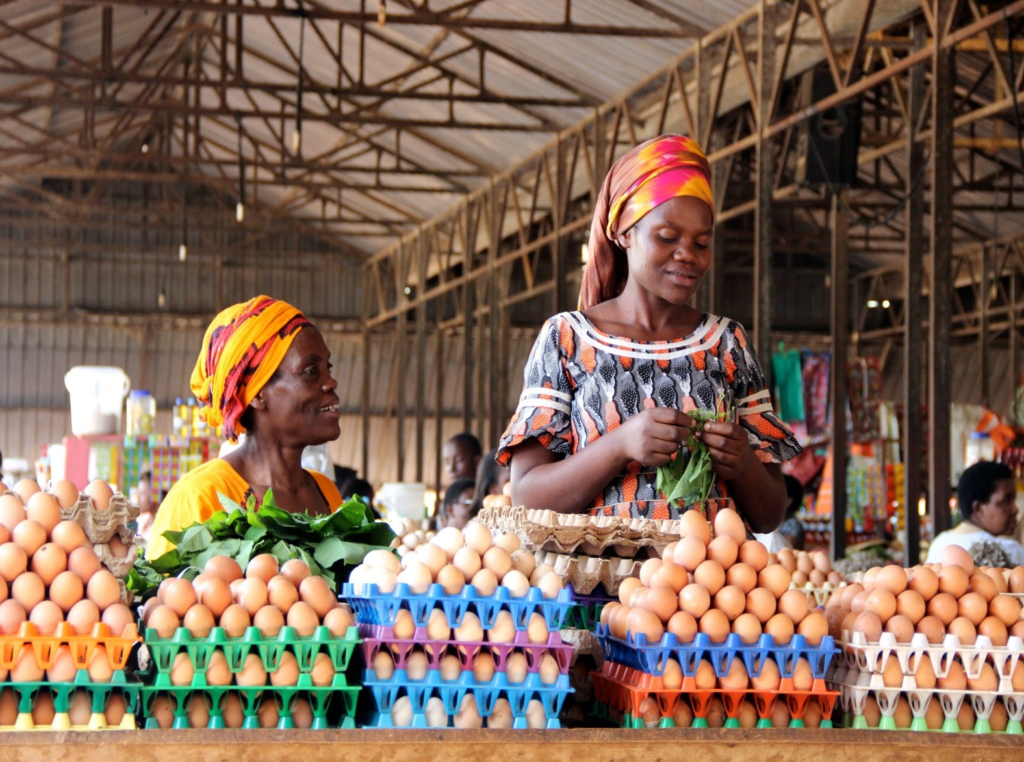By Isaac Atunlute
As economic crises deepen in Nigeria, more people are falling into unstable livelihoods and joblessness.
The 2024 Nigeria Labour Force Survey reveals that 92.2% of the country’s 84.15 million employed population work in the informal sector, while formally registered wage employment accounts for just 7.8%.
But in Anambra State, a support group is tipping the scale, showing how targeted intervention in the form of cash and equipment can be a lifeline for struggling households.
Last weekend in Awka, more than 1,000 members, drawn from 21 council areas of Anambra State, received work tools and financial cash support to upgrade their businesses.
The package included motorcycles, sewing machines, hairdressing tools, grinding machines, and cash grants ranging from ₦20,000 to ₦200,000, depending on the nature and scale of their businesses.
While the event coincided with political activities, its outcomes speak more about practicality than politics: a motorcycle becomes a logistics business, and a sewing machine powers a fashion shop. For small-capital traders, modest cash support means restocking shelves, not closing shops.
This mirrors a rising trend across Nigeria—community-based empowerment projects that bypass bureaucracy and put economic tools in the hands of those who need them.
Across Nigeria, economic empowerment initiatives are also flipping narratives.
In Kebbi State, the Nigerian Export Promotion Council trained 200 women entrepreneurs in Yauri and Danko/Wasagu on the shea nut value chain and after the technical sessions, participants received processing equipment to help them produce export-quality shea products.
Similarly, In Osun State, a state-led programme under the banner of “One Community, One Industry” provided free training and seed grants to 2,000 residents, including market traders, artisans, and small-scale producers.
Each beneficiary received ₦10,000 seed capital to begin ventures such as shea butter production, local soap, locust beans, and oil processing—helping revive economic activity in the post-pandemic period.
While the Anambra programme carried hints of political branding, its impact on livelihoods is evident.
Three years ago, Nigeria’s unemployment rate stood at 33%, one of the highest ever recorded in the country.
However, the most recent data released by the National Bureau of Statistics in November indicates a dramatic drop to 4.3%.
Though initiatives like these can make a difference, experts say tools alone are not enough. Without training, follow-up, or local coordination, many beneficiaries risk falling back into unemployment. Some may sell the equipment or may struggle to scale without guidance.
For over 1,000 newly empowered individuals in Anambra State alone—jobless youths, single mothers, and small-scale trade owners—this support represents not just aid but a starting point.
And in a country where opportunities are scarce, inflation chips away at survival, and resilience often goes unnoticed, interventions like these are not only helpful but also transformative.
For many beneficiaries, it’s the thin line between dependency and dignity, between waiting endlessly for jobs that never come and creating livelihoods with their own hands.
As Nigeria faces deepening economic crises, a significant portion of the workforce remains in the informal sector, with only 7.8% in formal wage employment. In response, community-based empowerment initiatives are emerging across the country, such as those in Anambra, Kebbi, and Osun States. These initiatives provide financial support and tools to help individuals start or expand businesses, ranging from cash grants to equipment like sewing machines and motorcycles. While these efforts are vital for empowering small-scale entrepreneurs, experts emphasize the need for supplementary training and local coordination to ensure long-term impact.
In Anambra State, over 1,000 individuals received work tools and financial support to advance their businesses, addressing unemployment and promoting self-reliance. Similar programs in Kebbi and Osun States focus on training and seed capital to revive local economies post-pandemic. While the Nigerian unemployment rate has dramatically decreased from 33% to 4.3%, initiatives must include training and guidance to sustain this progress. These interventions crucially bridge the gap between dependency and independence, offering new start points for individuals amid economic adversity.






